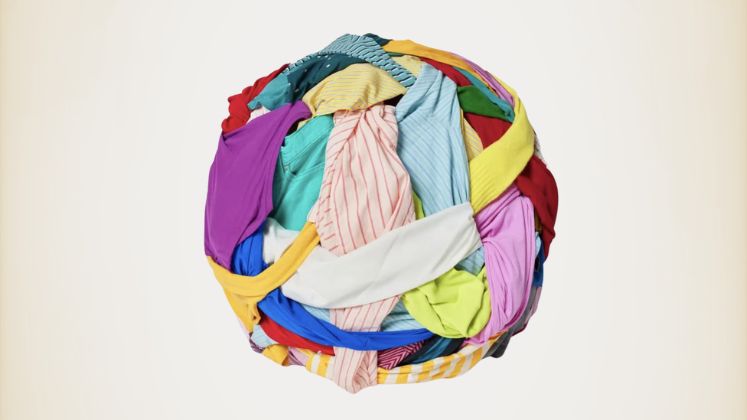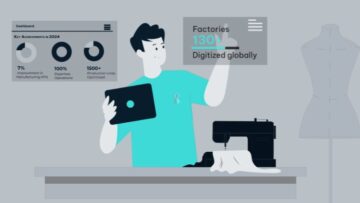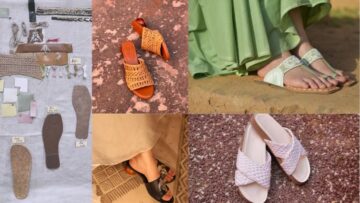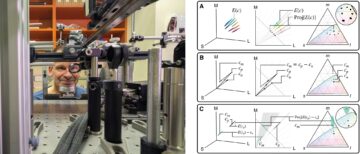
As part of a significant drive towards circularity in the fashion and textiles sectors, textile regeneration pioneer Reju has entered a strategic alliance with Circle-8 Textile Ecosystems, a trailblazer in developing large-scale textile recycling facilities. The partnership will drive the scale-up of a circular textiles ecosystem in the UK, addressing one of the sector’s most critical issues—post-consumer textile waste.
As part of the deal, Circle-8 will provide Reju’s new European Regeneration Hubs with processed feedstock from its digitally enabled Automated Textile Sorting and Preprocessing (ATSP) facility—representing an important milestone towards establishing a network of interconnected industrial-scale recycling facilities. Reju will then recycle this feedstock into its patented Reju Polyester, a next-generation fibre that has a 50% reduced carbon footprint compared to virgin polyester and can be infinitely recycled without degradation.
Patrik Frisk, CEO of Reju said that this alliance enables them to significantly increase the accuracy and productivity of textile recycling. He added that Circle-8’s robotic ecosystem and advanced sorting technology are critical in enabling them to deliver the high-performance expectations of Reju Polyester, while pushing the industry toward genuine sustainability. As awareness increases among consumers and businesses regarding the environmental impact of waste textiles, locating facilities near the source of the waste is not only strategic—it’s a necessity.
Cyndi Rhoades, co-founder and CEO of Circle-8 said that Reju and Circle-8 are united by a clear vision: to unlock true, infinite textile-to-textile recycling—not just in the U.K., but globally. She said that this partnership underscores the power of collaboration and innovation in turning waste into valuable resources. As regulatory frameworks tighten worldwide, they’re committed to delivering scalable solutions that align with future policies and a more sustainable textile economy.






